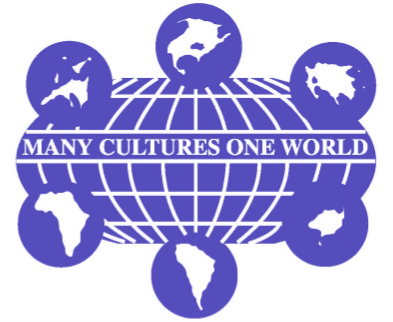 By Beth Lincoln MSN, RN, NP, CTN-A, Past President, Transcultural Nursing Society
By Beth Lincoln MSN, RN, NP, CTN-A, Past President, Transcultural Nursing Society
History repeats itself by surreptitiously weaving into current decisions and actions taken by those in positions of influence in healthcare, education, and government. To know history is to understand why some folks are hesitant to trust those aforementioned people. Trust is a key component in relationships. It is at the core of many of our patients’ decisions to seek care. As healthcare providers (clinical, academic and research) we need to acknowledge past inequities in order to comprehend another’s historical perspective coupled with current experiences of racism and discrimination.
Consider the following historical events that set the stage for today’s lack of trust: Four hundred years of slavery; Smallpox blankets given to the Native American peoples; Promotion of eugenics in the early 1900’s followed by the 1927 US Supreme Court ruling to uphold states rights to sterilize a person unfit to procreate (essentially affecting minority and impoverished people); 1930 to 1970 Tuskegee study – treatment for syphilis was withheld from Black men; 1955 to 1970 the Indian Health Service sterilized, without consent, more than 70,000 Native American women, some as young as eleven; 1954 the Jewish Chronic Disease Hospital injected live cancer cells into non-cancerous patients without their consent; 1951 Henrietta Lacks, a Black woman sought treatment at Johns Hopkins for vaginal bleeding – her cells were unknowingly donated and used to detect cervical cancer around the world without her consent. Her family was not notified until 1975.
Now reflect on current-day events such as the coverup of lead found in the drinking water in Flint, Michigan. Even though the community immediately complained about the appearance, taste, and smell, the local officials did nothing for five years. Thousands of children are affected – mentally and physically – an impact that will last a lifetime. Furthermore, the limited formulary provided by the Indian Health Services denies the Native American population access to new and more effective medications. My recent encounters: An Ethiopian nursing student who shared that she felt “invisible” during her four years in the nursing program; A pregnant Mexican American woman with gestational diabetes whose Nurse Midwife admonished her for following her grandmother’s advice to eat for two.
Unfortunately, when racism prevails, health inequities and disparities follow. What are we doing to address this egregious data? We offer seminars on the value of diversity, inclusion, and equity. We provide conferences to address cultural values/beliefs and healthcare. Do we have the courage to speak up and name it when we see it or do we go quiet? Perhaps we’re not good with conflict or in a position of power to do anything. Yet, we are called to be that voice, to speak the truth to power, to stand tall, and to respectfully counter the prejudice, discrimination, and racism we see before us. Our knowledge of cultural values, beliefs and practices of people different than ourselves is extensive. It is woven through our clinical practices, academic arenas, and research settings. Now we must move out into the greater communities and political arenas to take action on multiple levels. Issues of distrust are still prevalent today. We must send this message to our communities – we are here for you, we will advocate for you, and we will follow up with action. Hopefully, we can instill trust where it is lacking, thus ensure healthcare equity for all.
